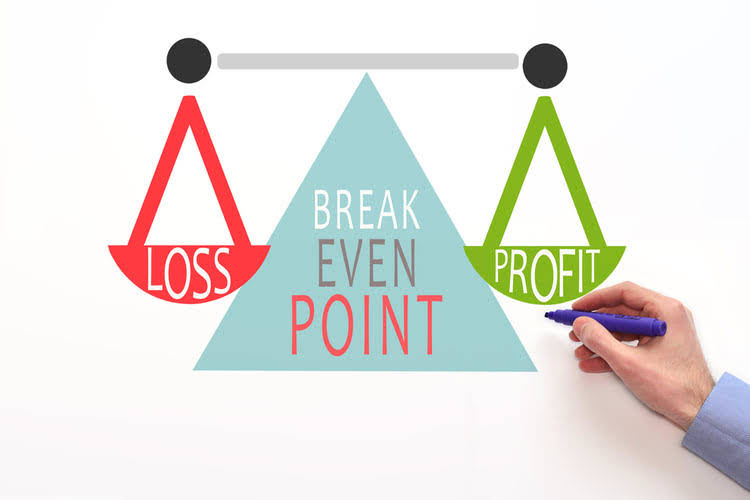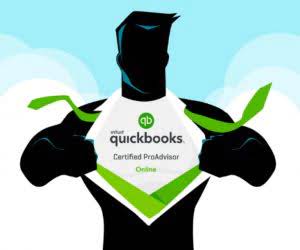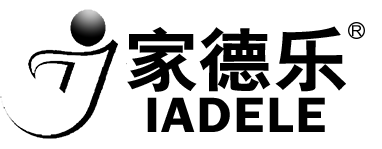Costing Methods in Dynamics 365 Supply Chain Management
发布时间:2024-02-09来源:家德乐淋浴房

Standard costing is used within cost accounting to calculate the expected costs of a product. The objective of this technique may include setting standards for different costs within a business and acting as a monitor and control tool. It can also be used to perform a variance analysis between standard costs and actual costs incurred to identify and inefficiencies within the processes of the business. There are different types of standards that can be standard costing set such as ideal, attainable, basic and current standards.
Ideal, Perfect or Theoretical standards

Supposing, in a concern, material costs are of vital importance whereas undue emphasis has been laid down on labour costs, the system would not bring desired results. 1) Formulation of Pricing and Production Policies – Standard Costing helps the management to formulate pricing and production policies on the basis of estimated costs to be incurred. Estimated production and its cost provide the base for pricing policy and profit planning. Ideal standard is the standard which can be attained only in favorable condition not in practical one.
Logan Management Consulting, LLC
Look for opportunities to refine existing costing models before pursuing a full conversion. If inaccurate standards are set, they can do more harm than good to the business. Tight standards act as disincentive to work and loose ones don’t provide any incentive at all. 5) Optimum Use of Resources – Standard Cost also helps in optimum use of resources. Different resources like raw material, plant and machinery and current assets are used according to the standards fixed in advance. Classification of accounts – Expenses are to be grouped under proper classifications and codes are helps in easy collection of actual cost and compare it with standard deviations.
Double Entry System of Accounting

Keeping track of the expected cost lets you compare that amount to the item cost. You can then analyze any variances between the standard (expected) cost and actual cost Partnership Accounting of items. It can help businesses track their actual costs against their budget and identify areas where they need to make changes. Using standard costing, businesses can ensure they stay within their budget and provide their customers with the best possible service or product. Standard cost includes direct materials, direct labor, and factory overhead.
Business type

However, the vast gross vs net majority of producers use the standard costing technique. When using Standard Costing, it is essential to consider whether or not you will get a satisfactory return on the amount of time and resources you invest. Because it affects your expenses, budgets, and profits, choosing a costing technique is one of the most significant decisions you must make if you are a manufacturer.

- The difference between actual costs and standard costs is known as "variance".
- This method assumes that earlier costs are matched with revenue, often resulting in lower COGS and higher profits during inflationary periods since older, cheaper inventory is recorded as sold.
- When the employees of the business know the standards they must meet, they are motivated to work efficiently.
- General Motors can also add up all the standard times for all vehicles to determine if too much or too little labor was used in production.
- The latter provides a very unsatisfactory criterion for measuring performance.
- (iii) Current Standard – This standard is fixed on the basis of current conditions and remains in force for a short period of time.
Therefore all assumptions used in standard costing must be reviewed regularly to ensure accuracy. Otherwise, incorrect standard costs could lead to serious decision-making errors. It is essential to use high-quality data sources to ensure accurate standard costs. These sources should be updated regularly and carefully vetted to ensure accuracy.
